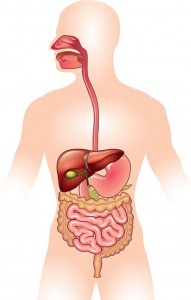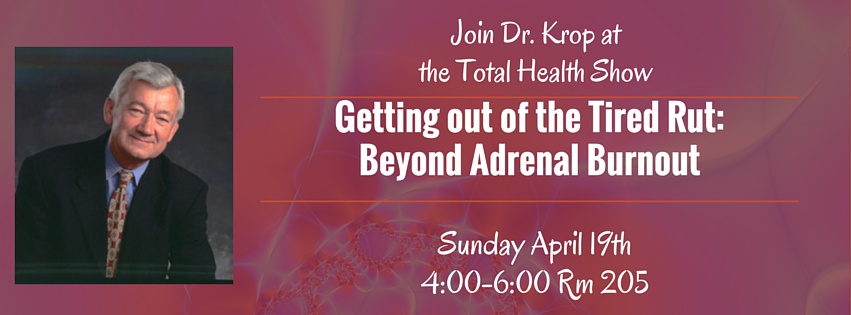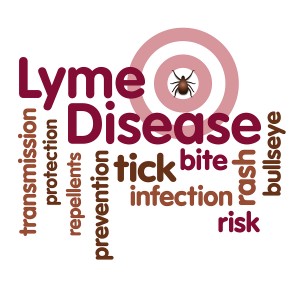 Most GI tract diseases are treated with the wrong medication
Most GI tract diseases are treated with the wrong medication
Stop the leak! Beginning to heal leaky gut.
Good digestion is key to good health. Without it, the nutrients in our food cannot be transported to where they are needed to power the amazing machine called our body. There are many factors that support good digestion and gut health – and we are going to look more closely at one key factor to keeping your gut healthy.
An appropriate level of hydrochloric acid (HCL) in the stomach is a key factor to good digestion. The ideal pH of HCl is an acidic 1.5 – 3.0. This right level of HCl contributes to many processes that not only aid digestion, but improve health.
It’s easier to understand just how important HCL is, by understanding what happens with our digestion when we don’t have enough of this essential acid.
When your HCL is LOW – you might notice the following:
You develop leaky gut and might be diagnosed with an autoimmune disorder. This cascade begins because low HCl decreases the pancreatic secretion of bicarbonates, which prevents neutralization of acidic stomach contents, which leads to a damaged small intestine wall, which leads to leaky gut syndrome.
Your digestive tract can become flooded with pathogens. Why? Appropriate HCl levels sterilize food from pathogens (like parasites, bacteria, virus, fungus) in the stomach. Without sterilization these pathogens enter your body and create health problems. An example of a fairly common bacterium is H. Pylori – which is responsible for stomach discomfort, then ulcers and if left untreated, can lead to stomach cancer. H. Pylori is also a pathogen that affects heart tissue.
You have more food allergies and sensitivities because of decreased amino acids. How does this happen? Because without HCL proteins aren’t pre-digested.
You end up with a B12 deficiency. Why? Because low HCl leads to a decreased production of Intrinsic Factor that ultimately leads to a B12 deficiency
You can end up with mineral deficiency – and minerals are integral to good health. How does this happen? Without HCl minerals not ionized or chelated –
You have less effective digestion – because a lack of HCl leads to decreased secretion of bile.
The treatment mistake
The problem is that most upper Gastro-intestinal problems are often mistakenly treated with medications to lower HCl. These medications, antacids, inhibit HCL – which creates a vicious cycle of poor digestion and pathogenic infection in the gut leading to all sorts of health issues. The reality is that 90% of upper GI problems start with low HCl in the stomach.
There are 10 factors that lower HCL in our body. By avoiding these 10 factors and substituting better habits we can begin to create better conditions for digestion in our gut.
LOW HCl is preventable. 10 Factors that lower HCL … and their antidotes
- Animal meats & fats … opt for vegetarian meals more frequently
- Milk (casein) … consider being diary-free
- Processed foods = dead food = no enzymes … add whole, fresh, raw foods to replace these
- Iced beverages, carbonated water and pop drinks … opt for filtered water with lemon
- Chlorinated water … use filtered water
- Caffeine, nicotine …try herbal teas or just cut down on the coffee to 3 times a week.
- Nicotine à don’t smoke!
- Stress (physical, chemical, mental)… try practices that can relieve stress: yoga, meditation, nature, counselling and emotional healing, avoid chemicals like scented body and cleaning products
- Age (after 40 a loss of 10% with every decade) … after 40 be more mindful of your eating habits to you are not lowering your HCL levels with poor eating habits.
- Nutritional deficiency of Zn, B1, B6 … if you are low in these nutrients, consider supplementing.
Considering how our eating habit influence HCL is a step in the right direction for preventing GI discomfort – and also bigger problems down the road.





